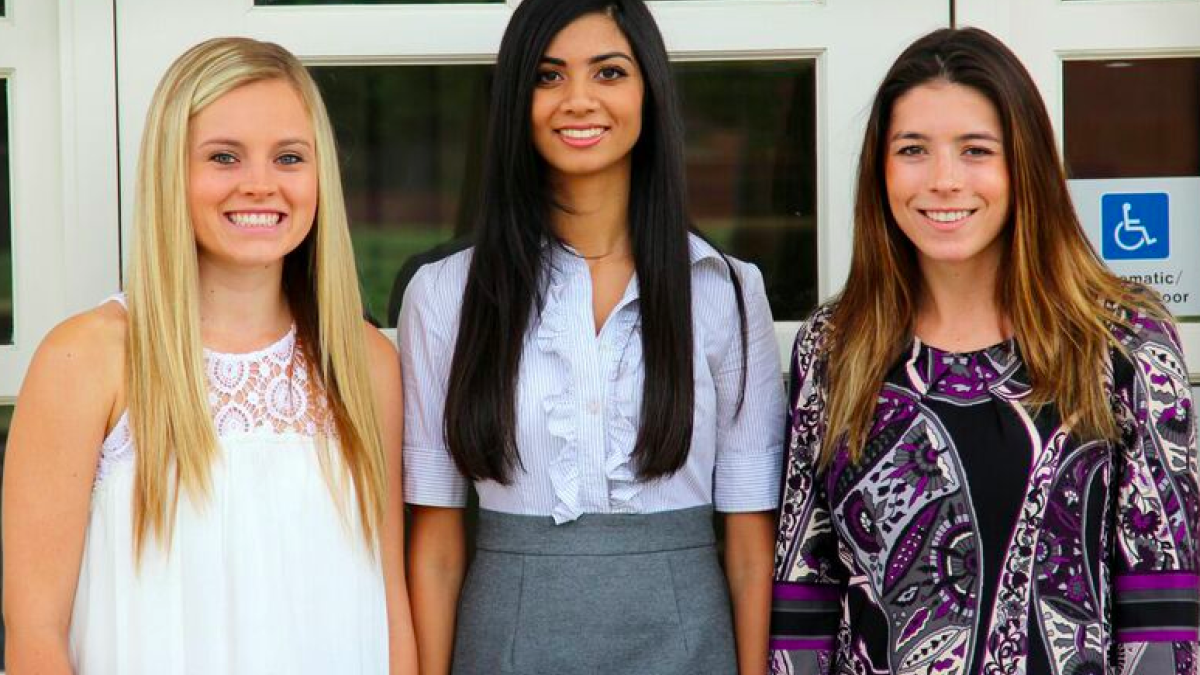ASU students create innovative solutions for childhood obesity challenge

Across the globe, obesity is growing at an alarming rate, especially among society’s youngest members. According to the World Health Organization, 42 million preschool-age children were overweight or obese in 2013, and the Centers for Disease Control and Prevention pegged more than one-third of U.S. children and adolescents as overweight or obese in 2012.
Because overweight children face an increased likelihood of entering adulthood obese and later developing serious health conditions, such as cancer and osteoarthritis, finding a way to halt the obesity trend in youth is a crucial public health concern.
Inspired by the Arizona State University Changemaker Challenge, Mayo Clinic-ASU Obesity Solutions recently partnered with the College of Liberal Arts and Sciences’ social sciences schools and the College of Health Solutions to sponsor a university-wide competition aimed at tackling obesity in children.
Challengers were asked to think globally and critically about the problem, taking into account that obesity is affected by environment, genetics, culture, socioeconomic status and education, among other factors.
The winning student teams – FantasyXRT, Nutritional Health Awareness and Partners in Empowerment – applied various perspectives and disciplines to generate creative solutions to key components of the obesity epidemic.
The FantasyXRT team focused on turning the tables on increasingly sedentary youth by using the very tools that often keep them indoors and in a chair. Ruben Garcia (kinesiology) and David Ballard (psychology) are creating a fantasy-sports gaming website and mobile app that use wearable technology to link participants to gaming action. Fantasy-sports privileges are earned through exercise done throughout the day and result in such perks as draft order, roster changes and salary caps.
Shovna Mishra (sustainability) and Kapila Patel (biological sciences) represented Nutritional Health Awareness, a student-led organization that matches college students as mentors with elementary school students. The goal is to instill health consciousness in children from an early age. The program engages kids in activities that reinforce healthy habits and provides learning experiences on health and exercise, specifically the connection between nutrition and preventable conditions such as diabetes and heart disease.
The student group Partners in Empowerment uses a mentorship model to deliver support and services to sex-trafficking victims and at-risk youth, including the teen students at Phoenix’s Tumbleweed Youth Center. Team leaders Sierra Morris (global health and economics), Meera Doshi (biomedical engineering) and Samantha Flatland (nutrition/dietetics) plan to use the Challenge award money to build out the program to offer activities like cooking lessons and exercise programs to Tumbleweed youth.
“These winning teams are great examples of how students from diverse academic disciplines can combine their ideas to create interesting and inventive solutions to complex problems,” said Alexandra Brewis Slade, co-director of Obesity Solutions and director of the School of Human Evolution and Social Change.
All of the teams have won additional honors for their work. Partners in Empowerment earned funding from the Clinton Global Change University Initiative, FantasyXRT took fifth place in a national competition and Nutrition Health Awareness received an award to study gut microbiota. Nutritional Health Awareness also won the 2013 Obesity Solutions Challenge.